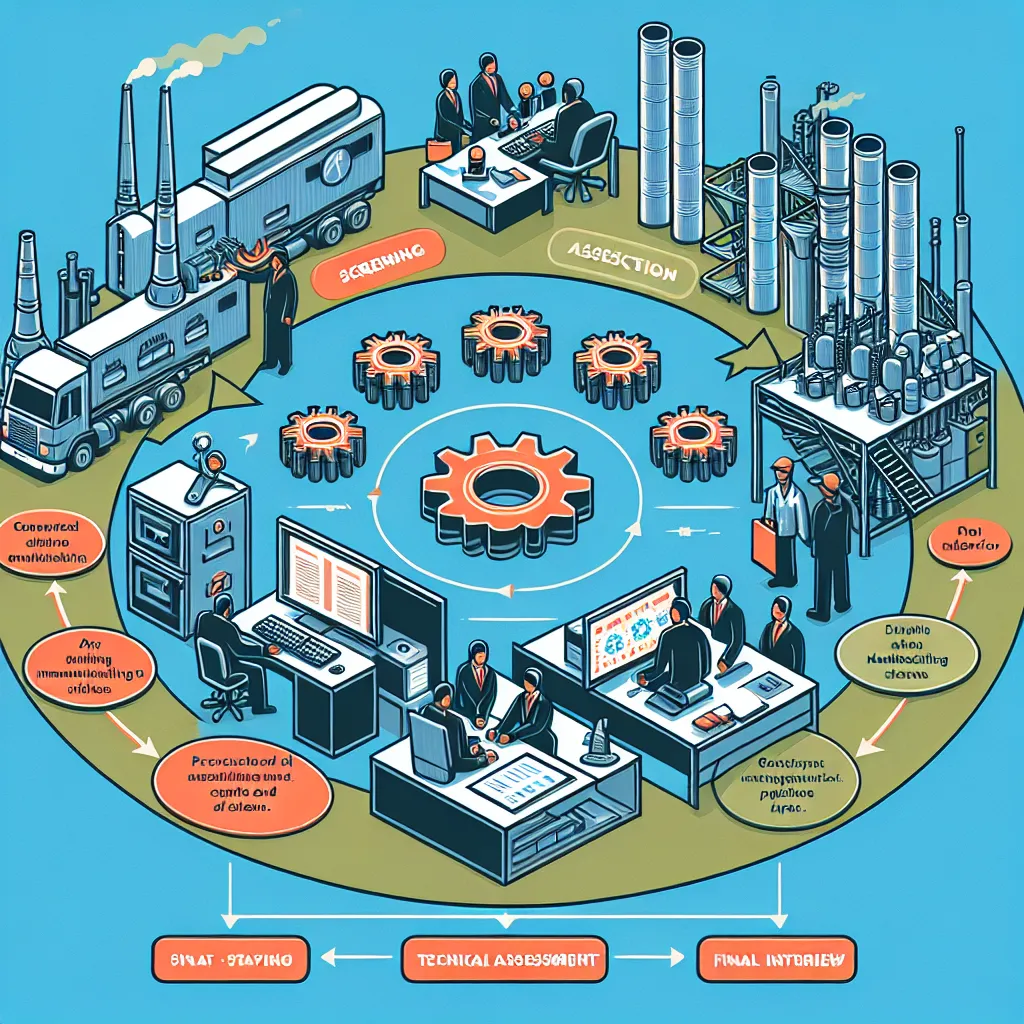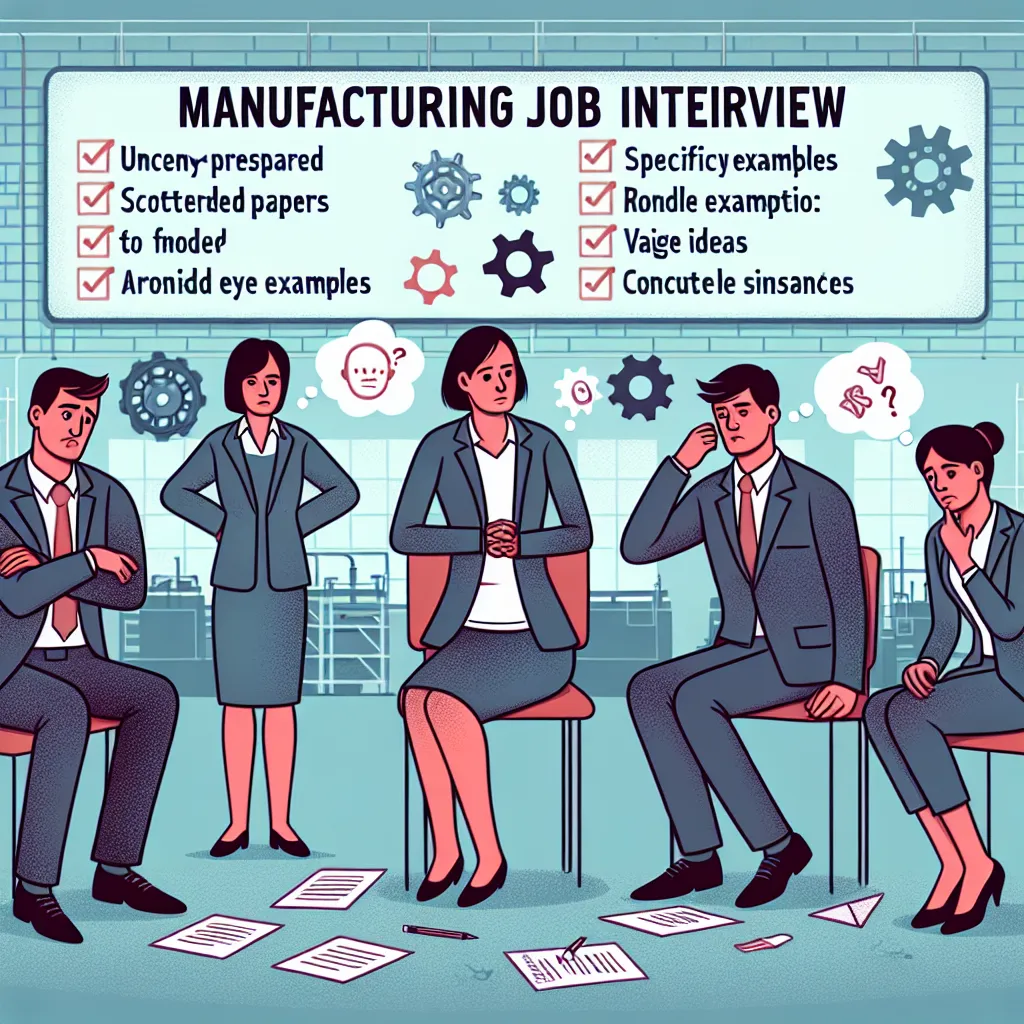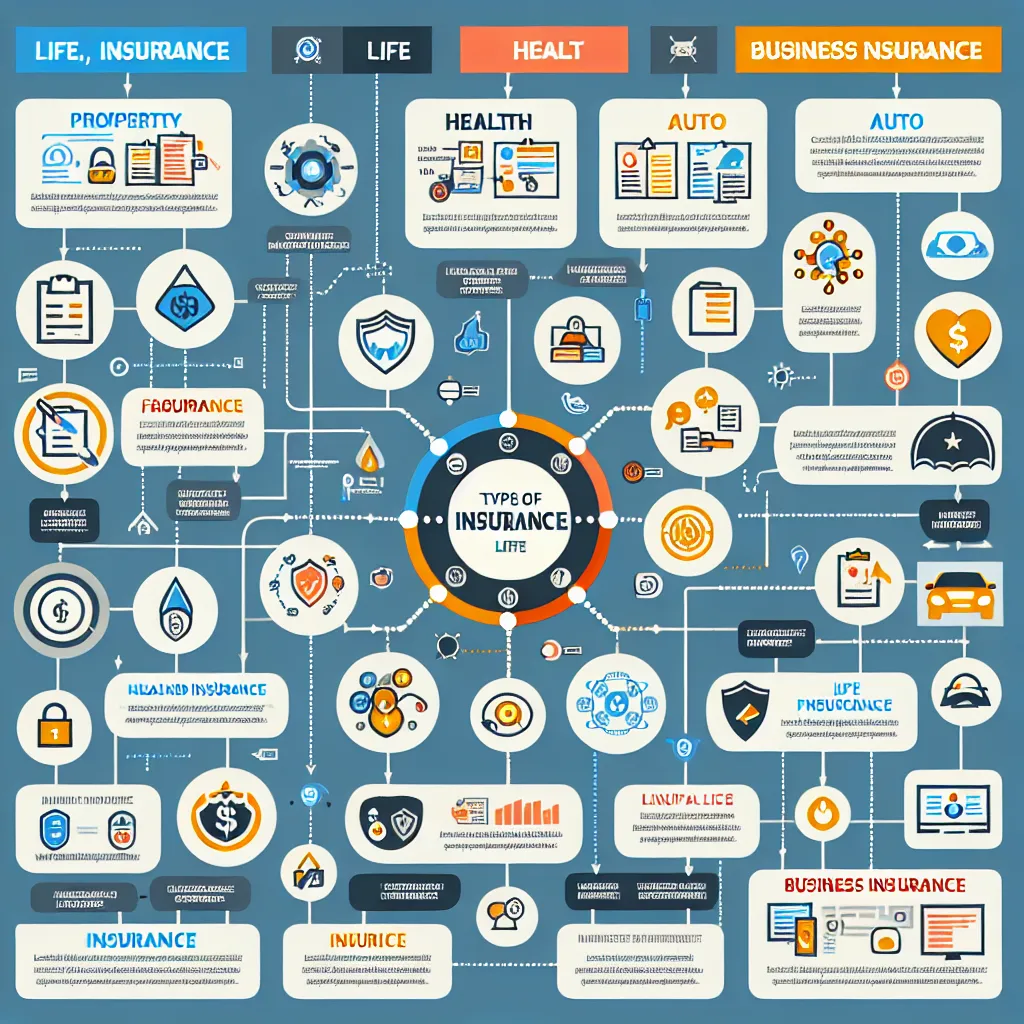Manufacturing interviews can be challenging, requiring a unique blend of technical knowledge, practical skills, and industry awareness. Whether you’re a seasoned professional or a fresh graduate, proper preparation is key to success. This guide will walk you through the essential steps to ace your manufacturing interview and stand out from the competition.
Understanding the Manufacturing Interview Process
Manufacturing interviews often involve a multi-step process designed to assess your technical expertise, problem-solving skills, and cultural fit within the organization. Understanding this process is crucial for effective preparation.
What Interviewers Look for in Manufacturing Candidates
Interviewers in the manufacturing sector typically evaluate candidates based on several key factors:
- Technical knowledge: Understanding of manufacturing processes, quality control, and relevant technologies.
- Problem-solving abilities: Capacity to troubleshoot issues and improve efficiency.
- Safety awareness: Knowledge of safety protocols and commitment to maintaining a safe work environment.
- Team collaboration: Ability to work effectively with diverse teams and departments.
- Adaptability: Willingness to learn and adapt to new technologies and processes.
 Manufacturing Interview Process
Manufacturing Interview Process
Common Manufacturing Interview Questions and How to Answer Them
Preparing for common interview questions can boost your confidence and help you provide thoughtful, articulate responses. Here are some frequently asked questions in manufacturing interviews, along with tips on how to answer them effectively:
1. Can you describe your experience with lean manufacturing principles?
Sample Answer: “I have extensive experience implementing lean manufacturing principles in my previous role at XYZ Company. I led a team that successfully reduced waste by 25% through the application of 5S and Kaizen methodologies. This involved streamlining our production line, implementing visual management tools, and fostering a culture of continuous improvement among team members.”
Tip: Be specific about the lean principles you’ve used and the results you’ve achieved. Quantify your achievements whenever possible.
2. How do you ensure quality control in a manufacturing environment?
Sample Answer: “Quality control is paramount in manufacturing. In my experience, I’ve found that a combination of proactive and reactive measures works best. Proactively, I implement rigorous quality checks at each stage of production, train staff on quality standards, and use statistical process control to monitor variations. Reactively, I conduct root cause analysis for any defects and implement corrective actions swiftly. This approach helped reduce defect rates by 15% in my last position.”
Tip: Demonstrate your understanding of both preventive and corrective quality control measures. Use examples from your past experiences to illustrate your points.
3. How do you stay updated with the latest manufacturing technologies and trends?
Sample Answer: “I’m passionate about staying at the forefront of manufacturing innovation. I regularly attend industry conferences, subscribe to leading manufacturing journals like ‘Manufacturing Engineering’, and participate in online forums and webinars. Recently, I completed a certification in Industry 4.0 technologies to deepen my understanding of IoT and data analytics in manufacturing.”
Tip: Show your commitment to continuous learning and professional development. Mention specific resources or recent learning experiences related to manufacturing.
4. Describe a time when you improved a manufacturing process. What was your approach?
Sample Answer: “At my previous company, I noticed our assembly line had significant downtime due to frequent equipment failures. I initiated a project to implement a predictive maintenance system using IoT sensors and data analytics. By analyzing equipment performance data, we were able to predict potential failures and schedule maintenance proactively. This reduced unplanned downtime by 30% and increased overall equipment effectiveness by 15%.”
Tip: Use the STAR method (Situation, Task, Action, Result) to structure your response. Focus on your problem-solving approach and the tangible results you achieved.
5. How do you handle workplace safety in a manufacturing setting?
Sample Answer: “Safety is my top priority in any manufacturing environment. I believe in creating a culture of safety through regular training, clear communication of safety protocols, and leading by example. In my last role, I implemented a near-miss reporting system that encouraged employees to report potential hazards without fear of repercussion. This initiative led to a 40% reduction in workplace accidents over two years.”
Tip: Emphasize your commitment to safety and provide specific examples of safety initiatives you’ve implemented or participated in.
Handling Unexpected Questions in Manufacturing Interviews
Even with thorough preparation, you may encounter questions that catch you off guard. Here are some strategies to handle unexpected questions:
-
Stay calm and composed: Take a deep breath and remember that it’s okay to take a moment to think before responding.
-
Ask for clarification: If you’re unsure about the question, don’t hesitate to ask the interviewer to rephrase or provide more context.
-
Use relevant experiences: Draw from your past experiences, even if they’re not directly related to manufacturing, to demonstrate transferable skills.
-
Be honest: If you don’t know the answer, admit it, but express your willingness to learn and how you would go about finding the information.
-
Highlight problem-solving skills: Even if you’re unfamiliar with a specific topic, explain how you would approach solving a similar problem.
Common Mistakes to Avoid in Manufacturing Interviews
Being aware of potential pitfalls can help you navigate your interview more successfully. Here are some common mistakes to avoid:
-
Lack of industry knowledge: Failing to research the company and current trends in manufacturing can make you appear unprepared or disinterested.
-
Overemphasizing technical skills: While technical knowledge is important, don’t neglect to highlight soft skills like communication and teamwork.
-
Ignoring safety concerns: Downplaying the importance of safety in manufacturing can be a red flag for interviewers.
-
Being vague about past experiences: Provide specific examples and quantifiable results when discussing your achievements.
-
Neglecting to ask questions: Not asking thoughtful questions about the role or company can suggest a lack of genuine interest.
 Common Manufacturing Interview Mistakes
Common Manufacturing Interview Mistakes
Follow-up Questions and Suggested Answers
Be prepared for follow-up questions that dive deeper into your experiences and knowledge. Here are some examples:
-
Q: Can you elaborate on your experience with Six Sigma methodologies?
A: “I’m Six Sigma Green Belt certified and have applied DMAIC (Define, Measure, Analyze, Improve, Control) methodology to optimize production processes. In one project, we reduced defect rates in a critical component by 40% through root cause analysis and implementation of statistical process control.” -
Q: How would you approach implementing a new ERP system in a manufacturing plant?
A: “I would start by forming a cross-functional team to assess our current processes and needs. We’d then evaluate different ERP solutions, considering factors like scalability and integration capabilities. After selection, I’d create a phased implementation plan, focusing on thorough training and change management to ensure smooth adoption across the organization.” -
Q: What strategies would you use to improve communication between shifts in a 24/7 manufacturing operation?
A: “I’d implement a structured shift handover process, including detailed checklists and face-to-face meetings between outgoing and incoming shift leaders. Additionally, I’d utilize digital tools like shared dashboards and instant messaging platforms to ensure real-time communication of critical information across shifts.” -
Q: How do you handle conflicts between production targets and quality standards?
A: “I believe that quality should never be compromised for the sake of meeting production targets. I would analyze the root causes of the conflict, looking for ways to improve efficiency without sacrificing quality. This might involve process optimization, additional training, or investing in new technologies to boost productivity while maintaining high-quality standards.” -
Q: What’s your approach to managing and motivating a diverse team in a manufacturing environment?
A: “I believe in creating an inclusive environment where all team members feel valued and heard. I would start by understanding each team member’s strengths and areas for development. Then, I’d implement a mix of team-building activities, individualized coaching, and recognition programs to foster a positive and productive team culture.”
For more insights on preparing for specific types of interviews, you might find these articles helpful:
- How to Prepare for a Logistics Interview
- How to Prepare for a Pharmaceutical Interview
- How to Answer Questions About Process Improvement
Conclusion
Preparing for a manufacturing interview requires a combination of technical knowledge, industry awareness, and strong communication skills. By understanding what interviewers are looking for, preparing for common questions, and avoiding typical mistakes, you can significantly increase your chances of success. Remember to showcase your problem-solving abilities, emphasize your commitment to safety and quality, and demonstrate your passion for continuous improvement in manufacturing processes.
As you prepare, practice articulating your experiences clearly and concisely. Consider conducting mock interviews with a friend or mentor to gain confidence and refine your responses. With thorough preparation and a positive attitude, you’ll be well-equipped to impress your interviewers and take the next step in your manufacturing career.
We’d love to hear about your experiences with manufacturing interviews. Share your tips or questions in the comments below, and don’t forget to check out our other articles on career development in the manufacturing sector.




